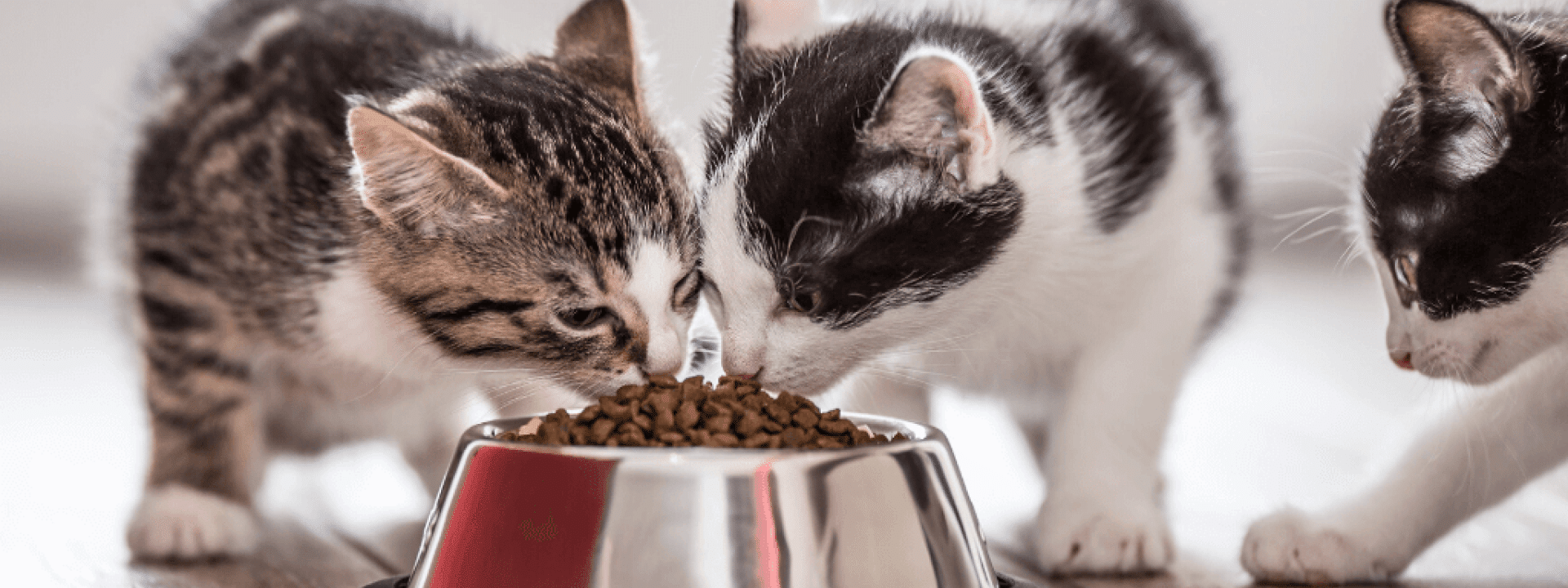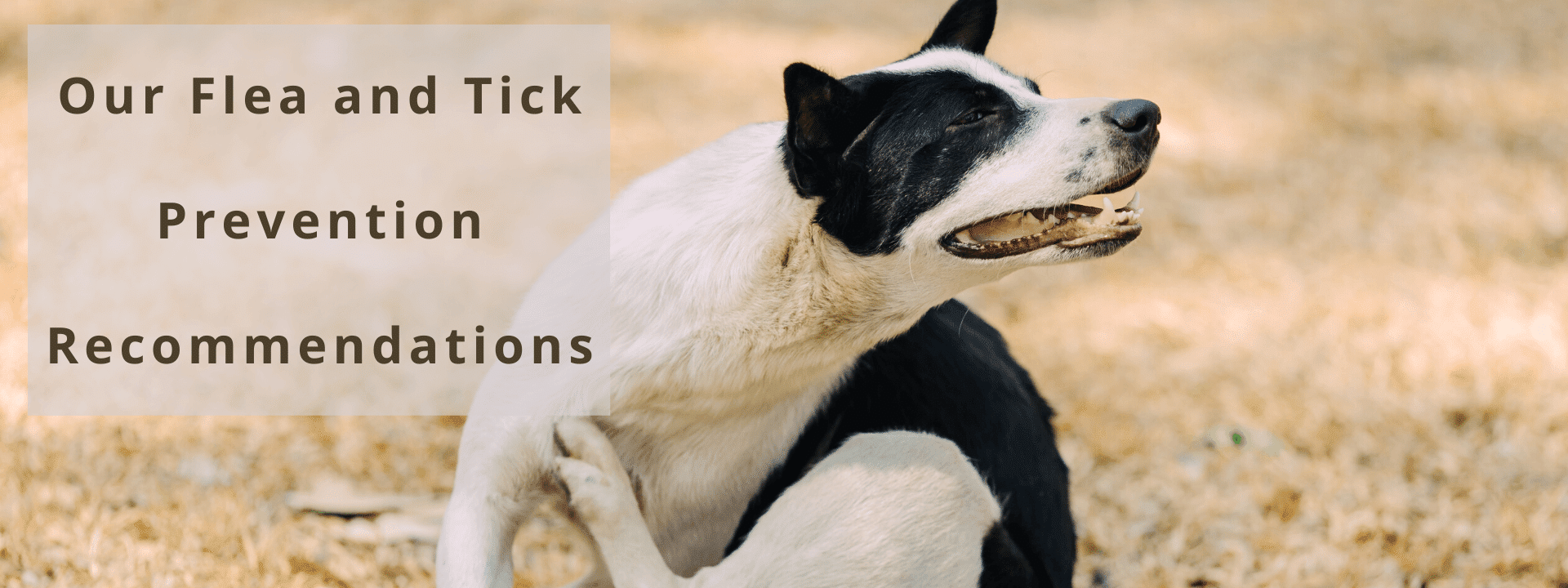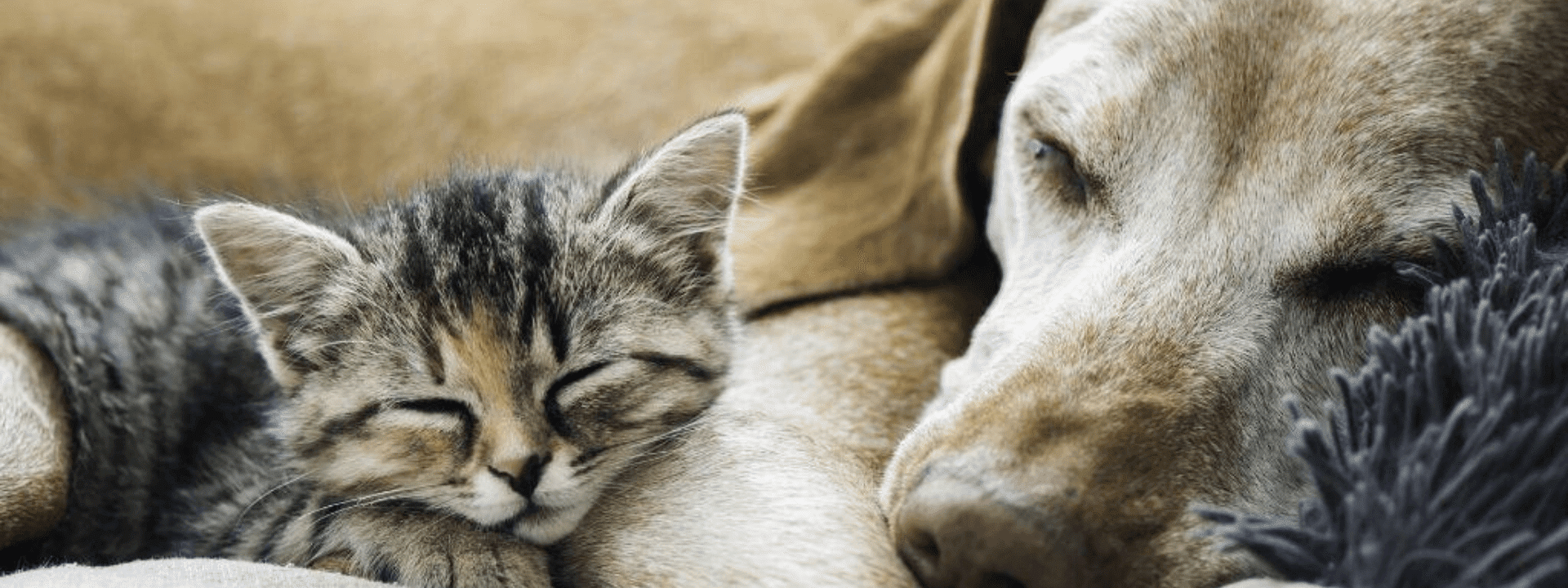If there’s one thing we’ve all learned by going down the proverbial rabbit hole that is cute cat videos on social media, it’s that cat owners will do nearly anything for their favorite furry felines. So if you own a cat, to think that you’d inadvertently feed them something that is making them or sick or that is even potentially toxic to them is something none of us want to think about. That’s why we’ve decided to explore this topic today.
With knowledge comes power, so this post should help you to know what to look for when it comes to changes in behavior in your cat that could indicate something in their diet is ill-advised. We’ll take a look at some of the most commonly asked questions about food toxicity or the potential of it in cats, and our own Dr. Broussard will share his knowledge on those subjects.
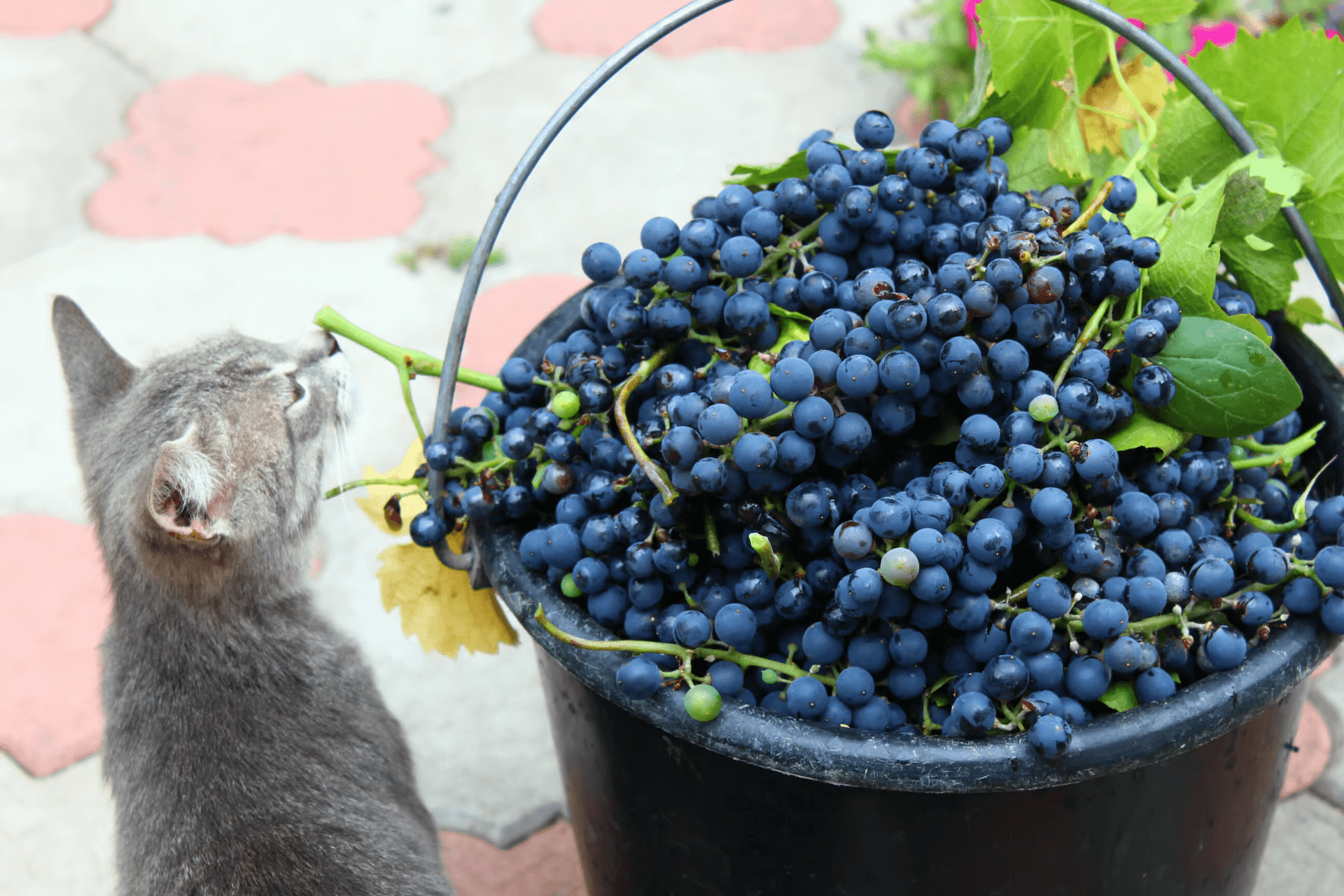
How Do I Know What Foods Are Toxic to Cats?
The ASPCA provides a very comprehensive list of foods that are not just toxic to cats but pets in general, so pet owners should make sure to familiarize themselves with this list.
Some human foods that are potentially toxic to your pet are as follows:
- Avocados
- Chocolate
- Caffeine
- Alcohol
- Citrus
- Coconut or Coconut Oil
- Grapes and Raisins
- Milk and Dairy
- Garlic and Onions
- Undercooked Meat, Eggs, and Bones
- Xylitol (an ingredient often found in gum and as a sugar substitute in peanut butter)
- Yeast Dough
- Overly Salty Foods and Snacks
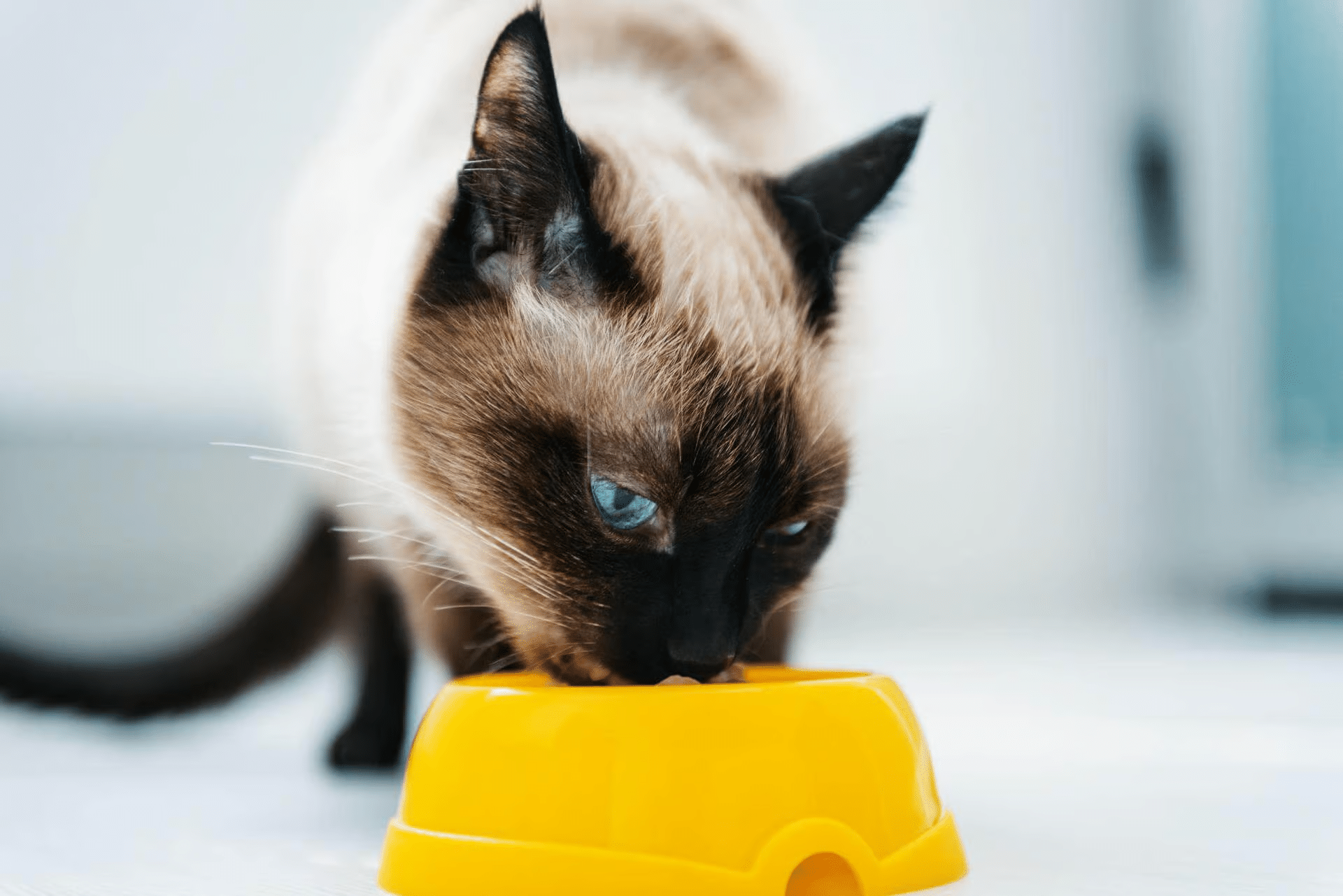
Can I Feed My Cats Human Foods?
Absolutely! Chicken and fish are healthy and are universally loved by cats. Of course, you can argue the benefits of home-cooked diets for pets all day long. When it comes down to it, though, the safest and simplest way to feed your cat while saving time (and your sanity!) is to give them a well-balanced, cat-formulated diet. This will ensure they’re getting all the nutrients they need in their diet.
How Do I Know If I’m Feeding My Cat Something That’s Making Them Sick?
The most common thing we see as veterinarians is cat allergies, and if a cat has them consistently all year long and they can’t be traced to fleas or seasonal allergies, then there’s a good chance it’s something in their diet. The key is to know your cat and consistently observe their behavior, as changes to these habits are what can indicate sickness.
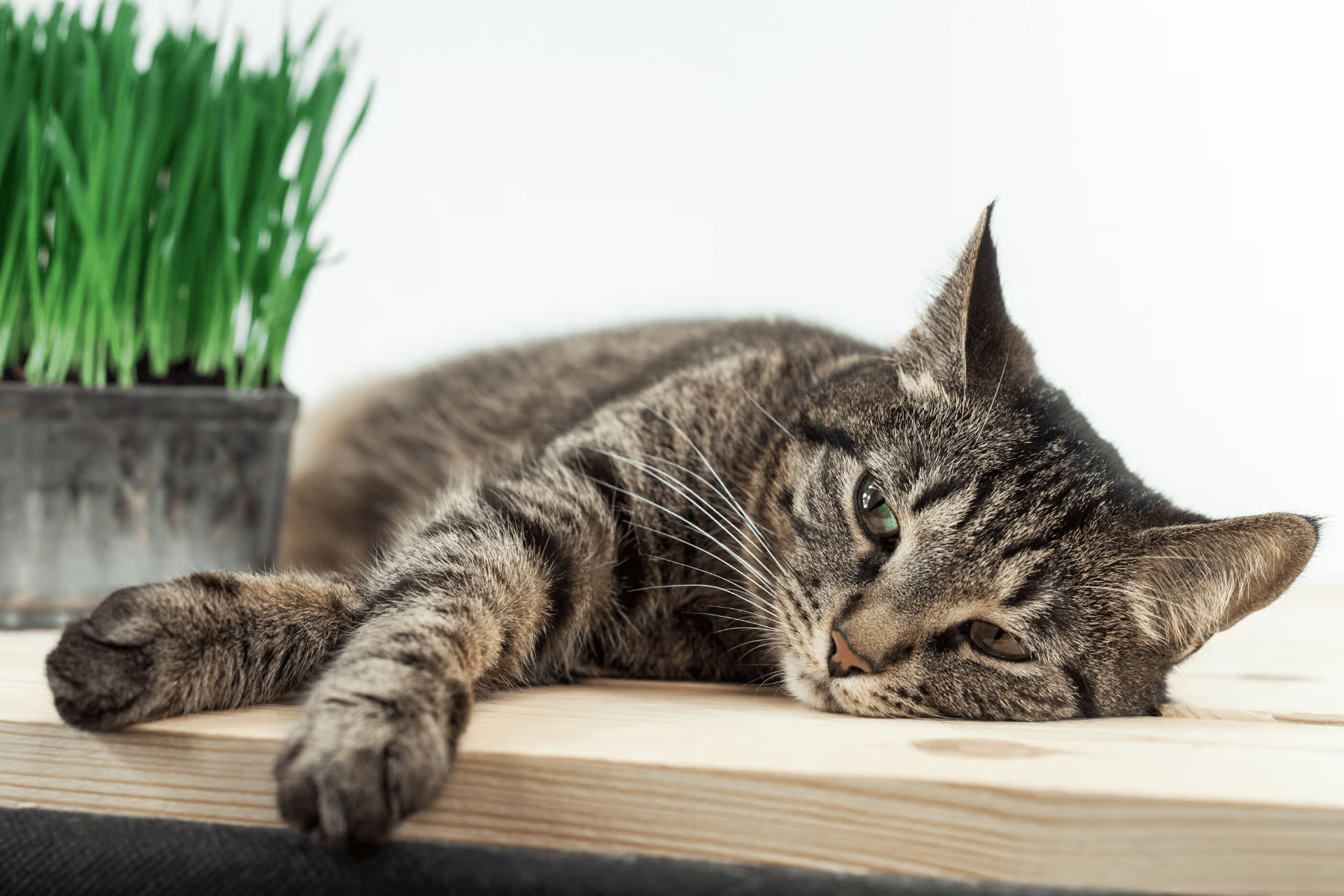
Can Sudden Changes to My Cat’s Diet Cause Them to Be Sick?
Yes, it’ll usually be something mild such as gastrointestinal issues, but it is possible. You might see vomiting or diarrhea. If you know you’d like to make a change to your cat’s diet, you should do so gradually by mixing some of the new food in with the old food over time until the change is complete. This will help you to know if your cat tolerates the new food.
How Do I Know If My Cat Has Eaten Something Toxic to Them?
Again, going with your gut as a pet owner is going to be a huge asset in knowing whether your cat is sick. If you’ve noticed signs of illness that started with a new ingredient or whole new diet altogether, there’s a good chance that something in that is the root cause. However, veterinarians can’t necessarily give you a list of symptoms to look for as far as food toxicity goes, as some foods can be toxic to the gastrointestinal system while others are toxic to the heart and still others can cause skin issues.
We know you love your cats (we’ve seen the videos!), which is why you should monitor your feline friend and take note of any changes in behavior. Make sure to call poison control at 888-426-4435 and your veterinarian if you suspect your cat has ingested something toxic.

